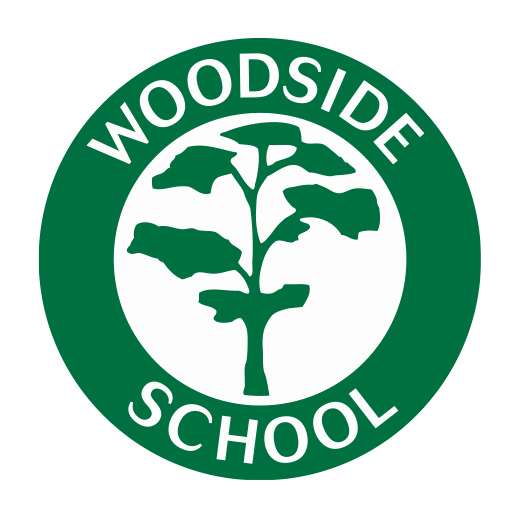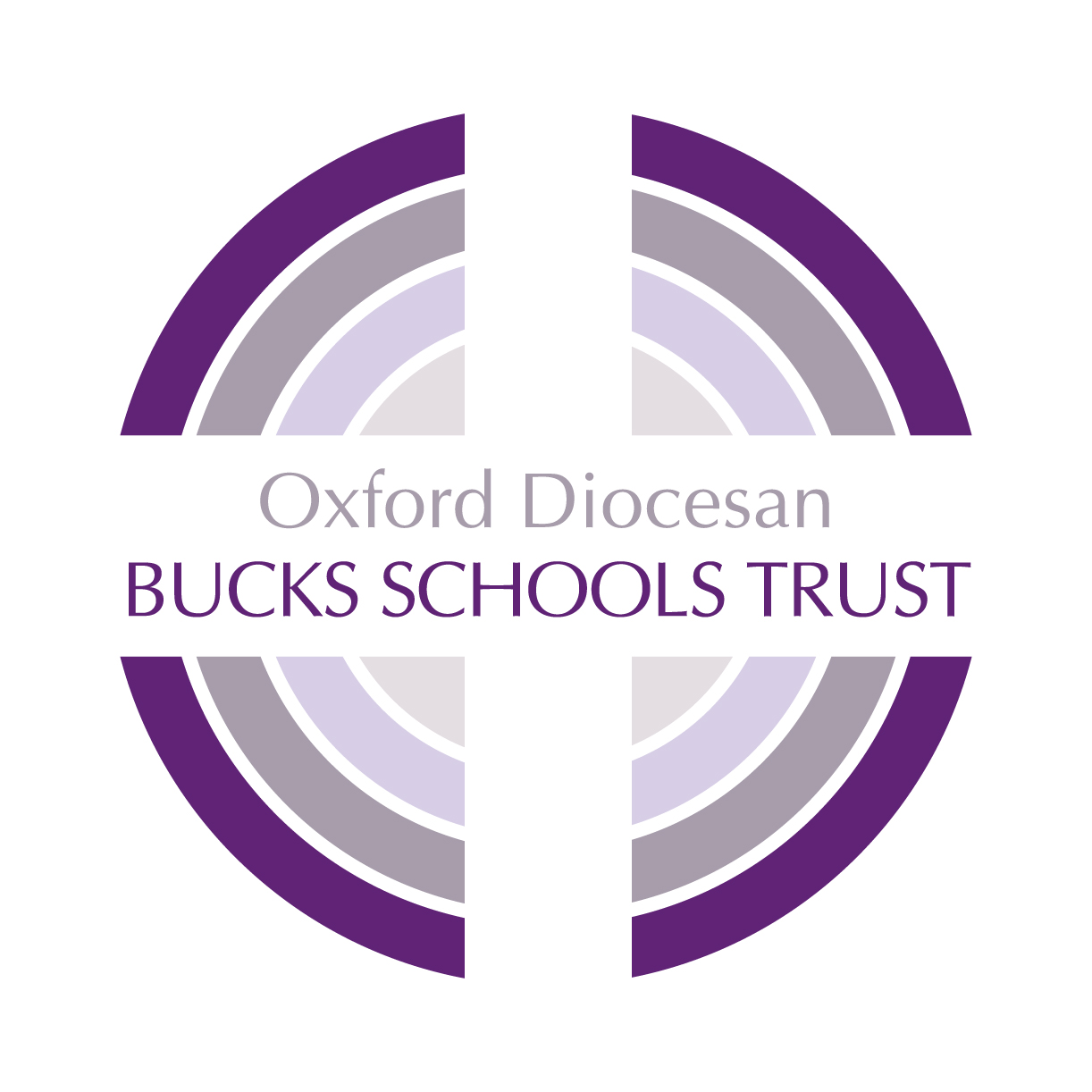Music
Inspiring Creativity Through Music
At Woodside Junior School, the development of each child’s musical creativity is highly valued.
Since music is a universal language, it links different cultures and it allows our pupils to understand and relate to others, express themselves and develop emotionally. We are proud of our musical achievements and celebrate these throughout the year, culminating in a musical showcase during the summer term.
Children are offered a variety of musical experiences, which include listening to music from their own and other cultures, composing and performing using voice, as well as pitched and unpitched instruments.
Specialist visiting teachers from Buckinghamshire Music Trust are able to provide tuition in keyboard, brass, woodwind and string instruments. Following students' requests, Soundbox Music Academy provide drumming tuition contemporary music and drumming at Woodside. In addition, we also welcome RockSteady to lead band practice - gathering a selection of children from different year groups with a range of musical talents to form a rock band, who works towards an end of year concert.
We are also very fortunate to have a strong connection with the Amersham Music Centre, who are part of the Buckinghamshire Music Trust.
For further information regarding instrumental tuition please see below, or contact Mr Harvey-Mott via the school office.
Instrument Lessons
If you are interested in taking up a musical instrument, please use the two forms below to apply to Bucks Learning Trust for Music. http://www.bucksmusic.org
You will need to complete both of the forms, then send them to BLTM using the contact details which you will find on the forms.
You will also find the links and forms for RockSteady and Soundbox Music Academy.
Intent
Our curriculum uses the Model Music Curriculum (MMC) at its foundation. The MMC sets out sequences of learning in the following key areas which, when taken together, all contribute towards the steadily increasing development of musicianship:
• Singing
• Listening
• Composing
• Performing/Instrumental Performance
We have taken the MMC and written our own. Learning is exciting and children have opportunities to use digital technologies such as Garage Band and Audacity; create whole class performances; immerse themselves in learning linked to their history and geography topics; and learn a range of instruments. All children have the opportunity to perform and compose and learn an instrument each year. (Year 3- recorder, year 4- ukulele, year 5 glockenspiel, year 6- keyboard and djembe) The children also learn about a number of instruments and learn to identify them within a larger orchestra for example.
The starting point of our curriculum is the belief that all children should be able to experience music and to make progress. We strongly believe that music enriches individual lives and our curriculum exposes children to a wide range of experiences, composers, genres and time periods. We offer a rich and varied music curriculum that nurtures fundamental music techniques alongside building musical knowledge which leads to a more mature musical understanding. Our skills progression has been carefully mapped out to ensure all new learning builds on previous units.
Throughout key stage 2, our pupils develop their understanding of rhythm and pitch and learn how music is structured, as well as learning the technical vocabulary for these elements. The teaching of precise musical vocabulary is set out in the curriculum and skills overview for Woodside. The children explore singing in unison, rounds and harmony and learn to use their voices with increasing accuracy, fluency, control and expression. Staff notation not only complements developing aural skills, improvisation, memorisation and composition, but also lays the foundations for pupils to learn to read music both in and out of school and later on in secondary school.
Listening to music is fundamental to musical understanding. By learning to listen to music, pupils are able to expand their musical horizons and also gain a deeper understanding of how music in constructed and the impact it can have on the listener. Music is one of the central building blocks of any culture and the shared knowledge of music is crucial to cultural capital in understanding where we came from and our place in the world. Our inclusive approach to cultural capital ensures that pupils listen to music from a wide range of cultures and traditions that reflect our community. We expose children to a wide range of pieces to ensure that pupils gain a broad aural knowledge. These include music from the Western Classical Tradition, classical pieces from the 20th and 21st centuries, musicals, traditional music from around the world and popular music. We do this both during lesson time and through playing music whilst coming into assembly. During singing assemblies, pupils are taught more about the genre/ artist/ composer being show-cased that week and children are exposed to a broad range of composers and pieces through their weekly lessons.
Music has a rare and unique ability to bring people together; music making can make a whole class, school and community feel connected to others and part of something bigger. Our curriculum celebrates the inclusion of all pupils and those with SEND are able to access lessons at an appropriate level. Music, performances and whole class/ year/ school singing also support our approach to well-being at Woodside. More able pupils can hone their musical skills and are introduced to more advanced compositional skills, technical vocabulary and develop a deeper understanding of the mechanics of musical theory.
Implementation
Music is taught weekly by both specialist and non- specialist teachers. Regardless of who is teaching, the skills progression remains the same. Prior learning is always referred to at the beginning of lessons and children recall knowledge from previous lessons, units and year groups. Music lessons do not follow a standard format, as this will always depend on whether the focus is on singing, performing, composing or listening. Lessons are, however, always broken down into several parts so that the sequence of learning builds throughout the lesson. Performances, such as our Christmas play, Easter and Harvest concerts, Carol concert and year 6 show, demonstrate that music is important to the life of the school. Extracurricular activities, such as choir, Rock Steady and peripatetic music lessons, also provide children with experience of making music.
Impact
The impact of teaching music is seen across the school in a number of ways. Class and year group performances are of a very high standard and participation in music develops well-being, promotes listening and develops concentration. We are building the foundations in music so that every child, in the future, has the choice to study the subject in greater depth at secondary school. Children at Woodside develop a love of playing an instrument and their ability is nurtured as a form of expression. The impact is measured through practical performances, pupil voice and assessment against the skills at the end of every unit.

